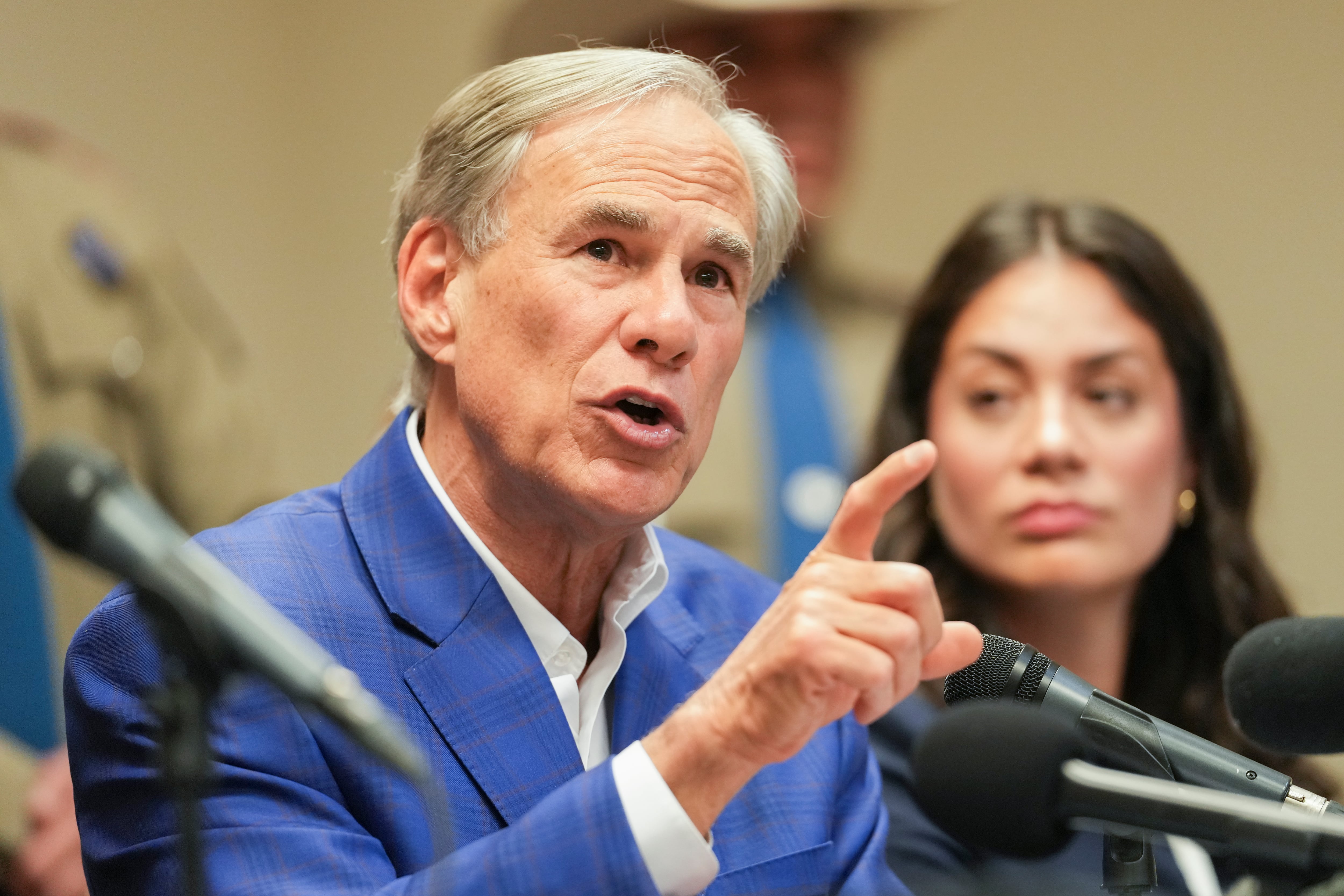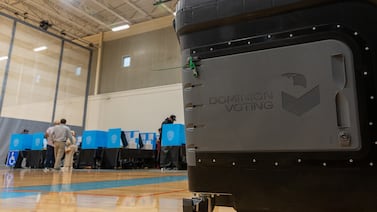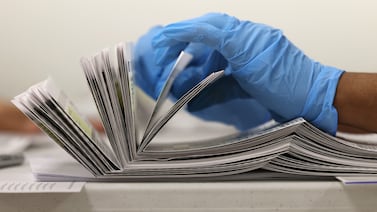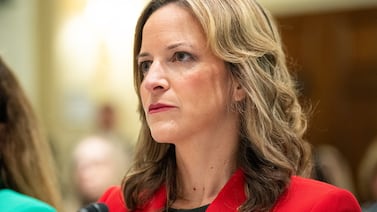Votebeat is a nonprofit news organization reporting on voting access and election administration across the U.S. Sign up for Votebeat Texas’ free newsletter here.
Voters in Texas’ 18th Congressional District, who have been without representation in Congress since March, now face back-to-back elections for the seat, to be held only weeks apart next year.
Voters this month finally got to vote in a special election to decide who would finish the term of Rep. Sylvester Turner, a Democrat who died eight months ago. But none of the candidates won a majority, so the top two candidates — acting Harris County Attorney Christian Menefee and former Houston City Council member Amanda Edwards, both Democrats — must now go to a runoff.
Under deadlines in state law, Gov. Greg Abbott could schedule the runoff for no later than the end of January. His office told Votebeat only that he would announce the timing “at a later date.”
But a new race for the seat would open up on Feb. 17, 2026, when early voting begins for the March primary election, and candidates for Congress will once again be on the ballot.
What’s more, since the state recently redrew its congressional district maps in a rare midcycle redistricting, many voters who vote in the runoff are likely to be in a different district for the primary, with a different field of candidates.
The timing could turn into a confusing deterrent for voters, said Brandon Rottinghaus, a political science professor at the University of Houston.
“Turnout for runoffs is already pretty low, but the fact that this is such a temporary, kind of placeholder election means that you may have very low voter interest,” he said.
Before Abbott can announce the date for the runoff, he has to conduct the canvas for the Nov. 4 constitutional amendment election, which he can do on Nov. 19. The runoff has to be held between 70 and 77 days after the canvas, Rottinghaus said.
That would put the runoff date at the end of January. Because those deadlines are in state law, Abbott would not be able to postpone it, as he was permitted to do for the special election, Rottinghaus said. That period of time between the election and the runoff is required as part of a federal law that gives election officials time to count military and overseas ballots.
Natalia Contreras is a reporter for Votebeat in partnership with the Texas Tribune. She’s based in Corpus Christi. Contact Natalia at ncontreras@votebeat.org.




